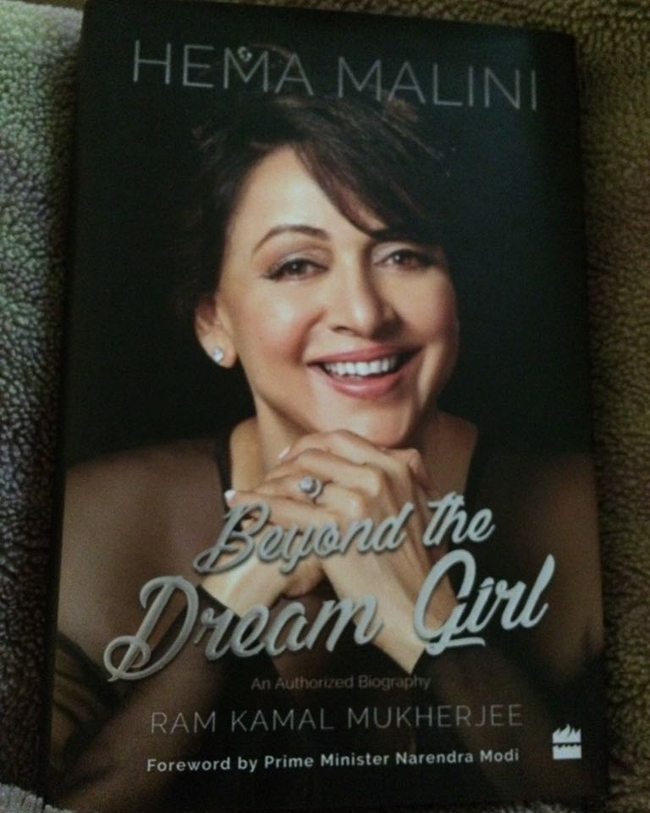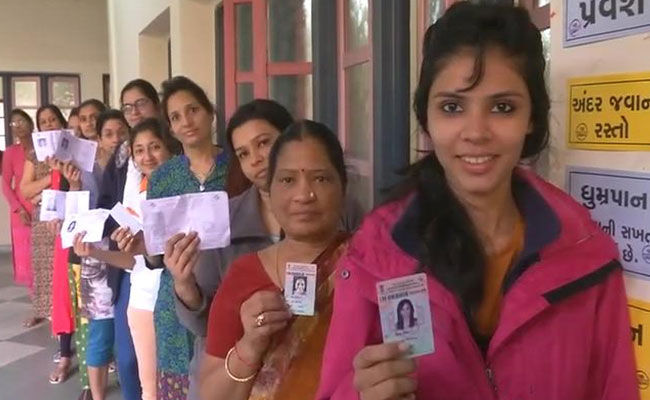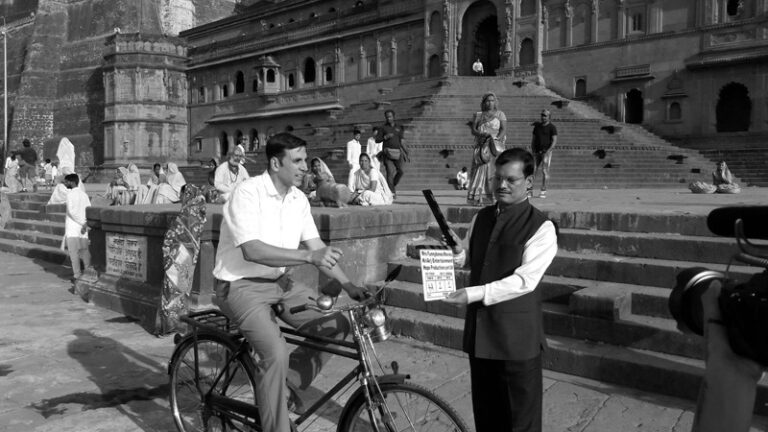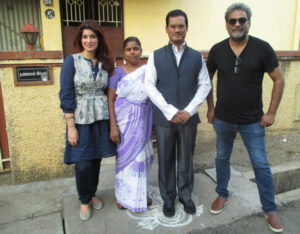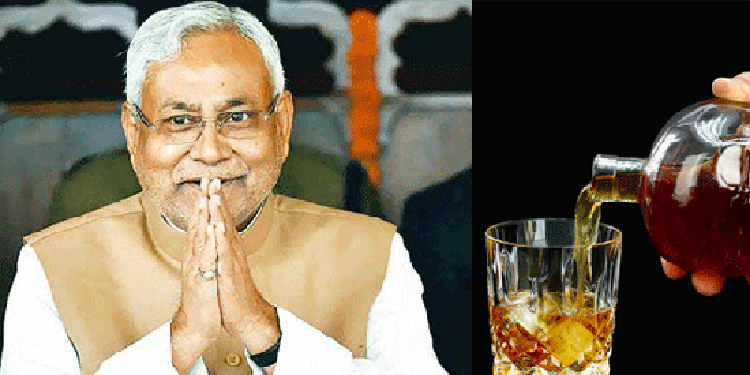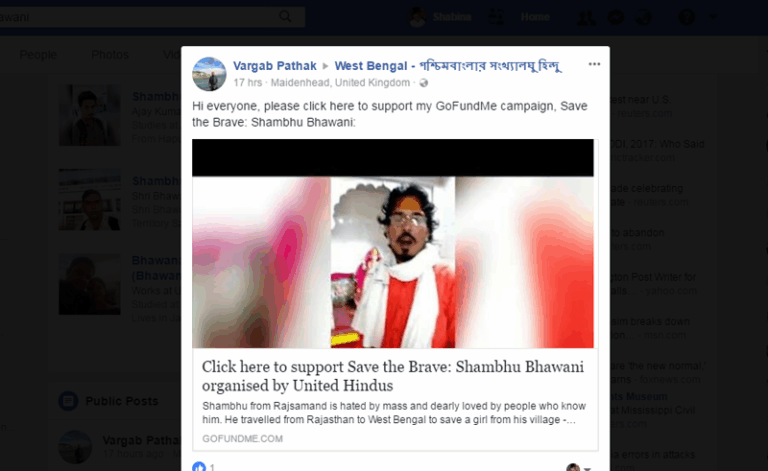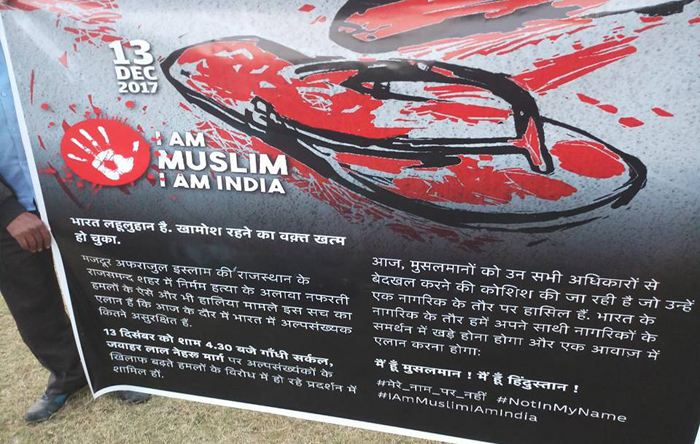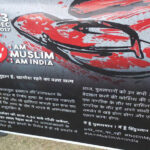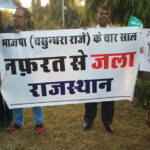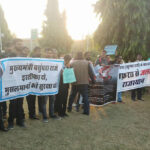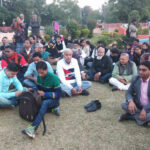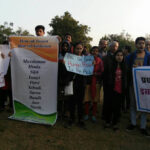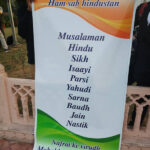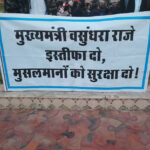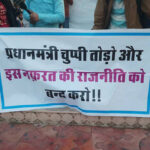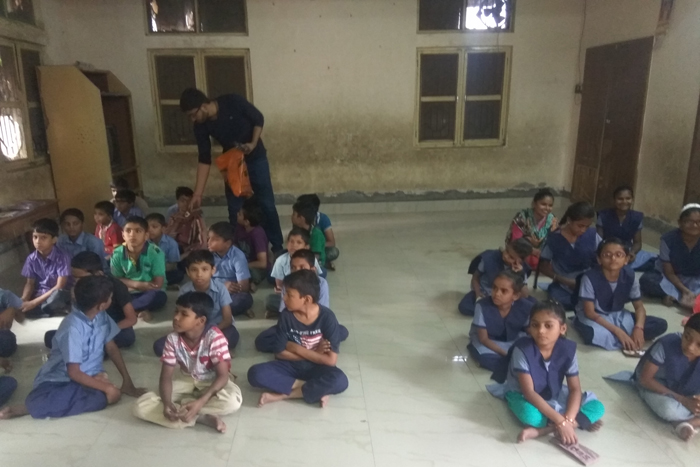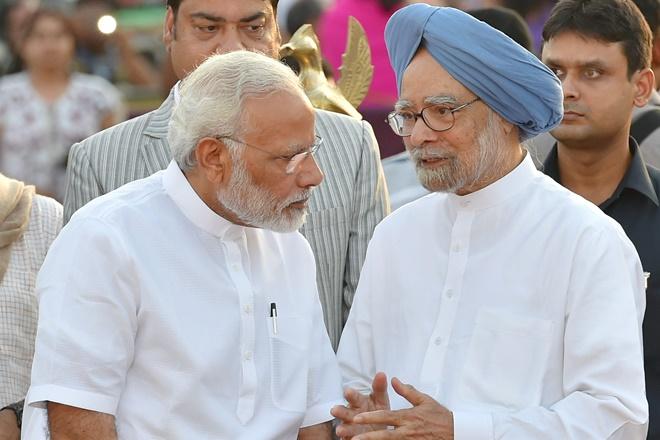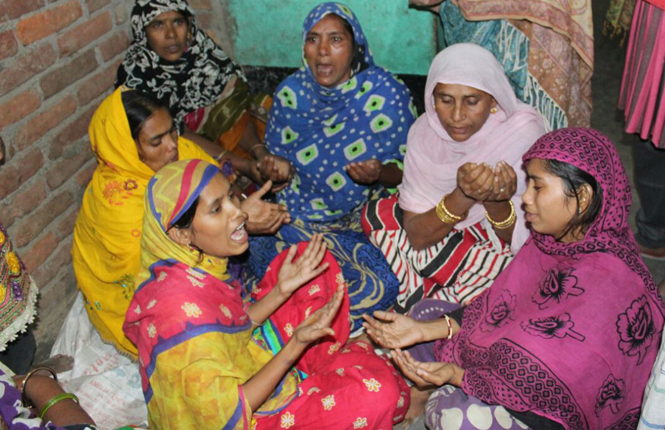She is one politician from Bhartiya Janata Party (BJP) who is everything the party mouthpieces would label as un-sanskari. She married an already married man (love jihad anyone?). She has a penchant for Urdu (Pakistani and Muslim?) poetry thanks to her husband and actor Dharmendra, who writes couplets in Urdu and she even sings Urdu ghazals (Oh the horror for those wanting to ban anything Urdu, Pakistani, and Muslim). So, if you are looking for juicy secrets or surprises then let me warn you that Hemal Malini, Beyond the Dream Girl is not the book for you. But it is definitely a great read on the woman who has set trends and carved a niche for herself in the multiple roles and professions she has taken up.
She truly epitomises the woman of substance and could easily be a feminist icon as well as the poster girl of the party she supports. Unfortunately what probably comes in the way is her marriage to an already married man and one who writes couplets in a language that is being touted to be alien to the Indian culture. Nevertheless, the couple continue to live life on their terms. And that is probably what makes Hema Malini an enigma as well as an inspiration to her fans.
The book is the authorised biography of the actor-MP by journalist-author Ram Kamal Mukherjee, a self-confessed fan since his growing up years.
When Prime Minister Narendra Modi himself writes the foreword, the book needs no introduction. But for her fans across the globe, the book did not need an introduction in the first place. Hema Malini continues to rule the hearts since she first appeared on screen with Raj Kapoor in Sapno Ka Saudagar. She has been under public scrutiny for the last half century and has lived life on her terms.
She continues to do so even today as a politician. And film director Ramesh Sippy, who directed her in the immensely popular films like Seeta Aur Geeta and Sholay aptly describes her when he says, “She is not a feminist. She is an individualist. To my mind, she is an individual who proved that you can live your life the way you want to, and need to, and makes the world respect you for it.”
Ram Kamal had earlier written a coffee table book on the diva more than a decade back and that had started an association with the actor that naturally resulted in this book. Full of details about her personal life, the book could make for a misty eyed fascinating read only if the author did not try to skim through the emotional parts and stick to making it a sanitised read. But full credit goes to him for presenting Hema Malini as a woman of flesh and blood, rather than a celestial being and a lot of it goes to the relationship he has forged with her.
Hema Malini the diva makes no appearance in this tale of a protected young girl from a middle class family who is catapulted to fame and stardom. A woman who seems unaffected by all the storms that life blew her way and one who remained grounded and focused in the face of adversity. As she says it, “Being liberated means to be strong, firm, to do what you feel is right…” But one wonders if she will be able to remain liberal in a political environment that is feeding hatred to the masses and trying to impose patriarchal values in the name of sanskar (culture). It is a no surprise that a God loving Hema joined the BJP, a party that is vocal about its Hindu identity. But how does she support their views on polygamy, love jihad and anti Urdu culture, to name a few?
To be fair to the author, he addresses every gossip or controversy that has ever surrounded the lady bereft of any masala or spice that we are so accustomed to. Despite being a hard core romantic, but obviously, Hema herself looks at life pragmatically. Probably this explains her enduring charisma. And the book helps in bringing her closer to those who look up to her for inspiration. She epitomises the dictum: Give your best, the rest will follow. Ram Kamal, on his part, has been the perfect biographer who writes lucidly without letting his personal feelings infringe the narration. A good read that leaves room for her autobiography.


